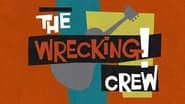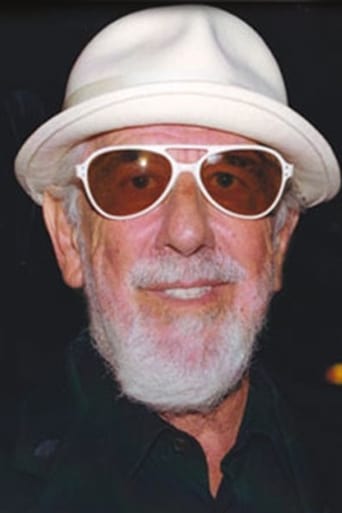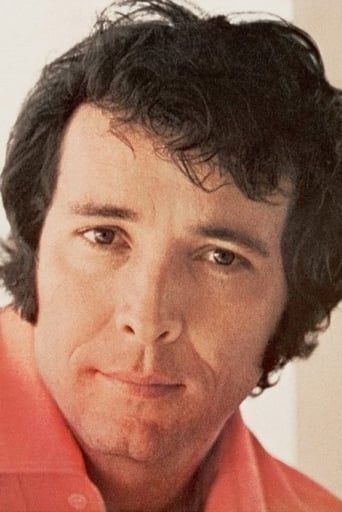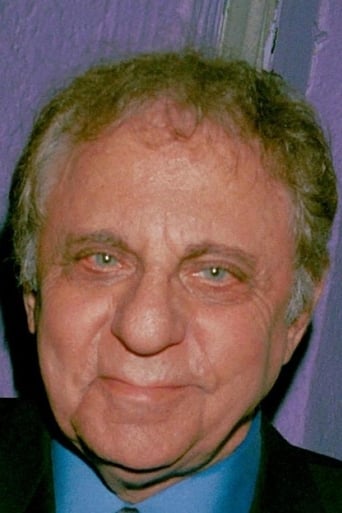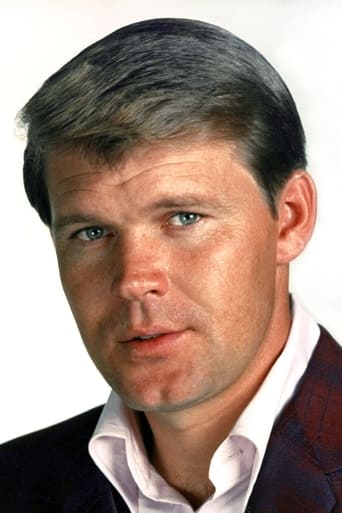caraisin
Secrecy, deception, lies, conspiracies, aliases, big money, celebrity careers and reputations constantly on the line.....With plot elements such as these built in, the story of The Wrecking Crew had the potential to be Oliver Stone-d to the realm of the Twilight Zone by veering off into absurd theories. As a documentary, it also had the potential to bore viewers into unconsciousness with excessive facts and figures. Or, thankfully, it had the potential to be what it is: ninety-five thoroughly enjoyable minutes of getting acquainted with people you thought you knew, but were actually others who you may have never heard of.Confused? That is exactly what, for decades, the music industry executives and most of their star performers wanted you to be. We were intentionally misled into accepting that all credit for what we listened to and purchased in the form of vinyl discs with holes in the center was entirely the work of those whose names appeared on the record labels. Unless you moved in certain circles or had access to the right sources, you had no idea how far from the truth you were.In the late 1950's rock and roll music caught on and consumer tastes changed. With money to be made, record labels sought to crank out the greatest amount of product for the least amount of investment. That meant using musicians who could deliver quality recordings within a minimum of studio time.Most of the established studio musicians either could not or would not work for rock and roll sessions. This opened the door for the new breed of studio players who began arriving in Los Angeles around that time. Being less formal and eager to play anything (even rock and roll!), the status quo was convinced that these new people were destined to wreck the music business. The Wrecking Crew name stuck, and so did the new musicians. From the late '50's into the 70's, Wrecking Crew personnel provided instrumental tracks for just about every hit song that was recorded in L.A. The list of Wrecking Crew-driven hits and number ones on the charts is huge! And with each gold record, their individual and collective reputations soared higher and higher.They were the machine that all but guaranteed success for recording artists, and the producers of rock/pop stars knew that. Wrecking Crew members got the majority of calls for studio sessions, not only for records, but also for television and movie soundtracks and commercial jingles. They even recorded instrumental songs of their own (under fictitious names) that charted, and bands were later recruited to do these tunes at live shows and accept credit for the Wrecking Crew's work.Fast forward to the late 1990's. Tommy Tedesco, an extraordinary guitarist who had been one of those upstart musicians, was diagnosed with cancer. Denny Tedesco, his son whose own skills lay in the film industry, embarked on a mission to accurately document the astounding, yet unsung, contributions that his father and coworkers made in supplying the "soundtrack of our lives." It was a quest that took years to complete.The Wrecking Crew was never an organized band; they were individuals who trickled into the L.A. music studios between the late '50's and mid 60's. The number of those who should be counted as Crew members has been estimated at up to two dozen. They covered the typical instruments heard on rock records: guitar, bass, keyboards, drums, horns, and other percussion. Many played multiple instruments. While the Wrecking Crew alumni identified in the film may be mostly unknown to the general public, you might recognize some names. Besides Tommy Tedesco, they include: Carol Kaye, Joe Osborn, Julius Wechter, Leon Russell, Billy Strange, Glen Campbell, Earl Palmer, Al Casey, Plas Johnson, Steve Douglas, Don Randi, Larry Knechtel, Don Peake, Bill Pitman, and Hal Blaine.Playing music was how they earned a living, while those they backed frequently became stars and household names. They often worked long shifts and odd hours, mostly for scale. Yet, they were the right people, at the right place, at the right time. We are the beneficiaries of their skill, talent, intuition, creativity, and camaraderie, plus a love and passion for what they were doing.I am not going to tell you the whole story, I am going to urge you to see this film. Denny Tedesco has assembled a phenomenal tribute to his late father and the Wrecking Crew. Told through archival footage, still photos, interviews, and (of course) the music itself, the film has just enough historical data, just enough humor, and just enough pathos. As good as it is, the forthcoming DVD with added outtakes should be that much better.After viewing this film, you will likely find yourself listening to these songs in a way you never have before. Denny Tedesco has succeeded in preserving important details in the history of modern American popular music with this wonderfully entertaining film.

